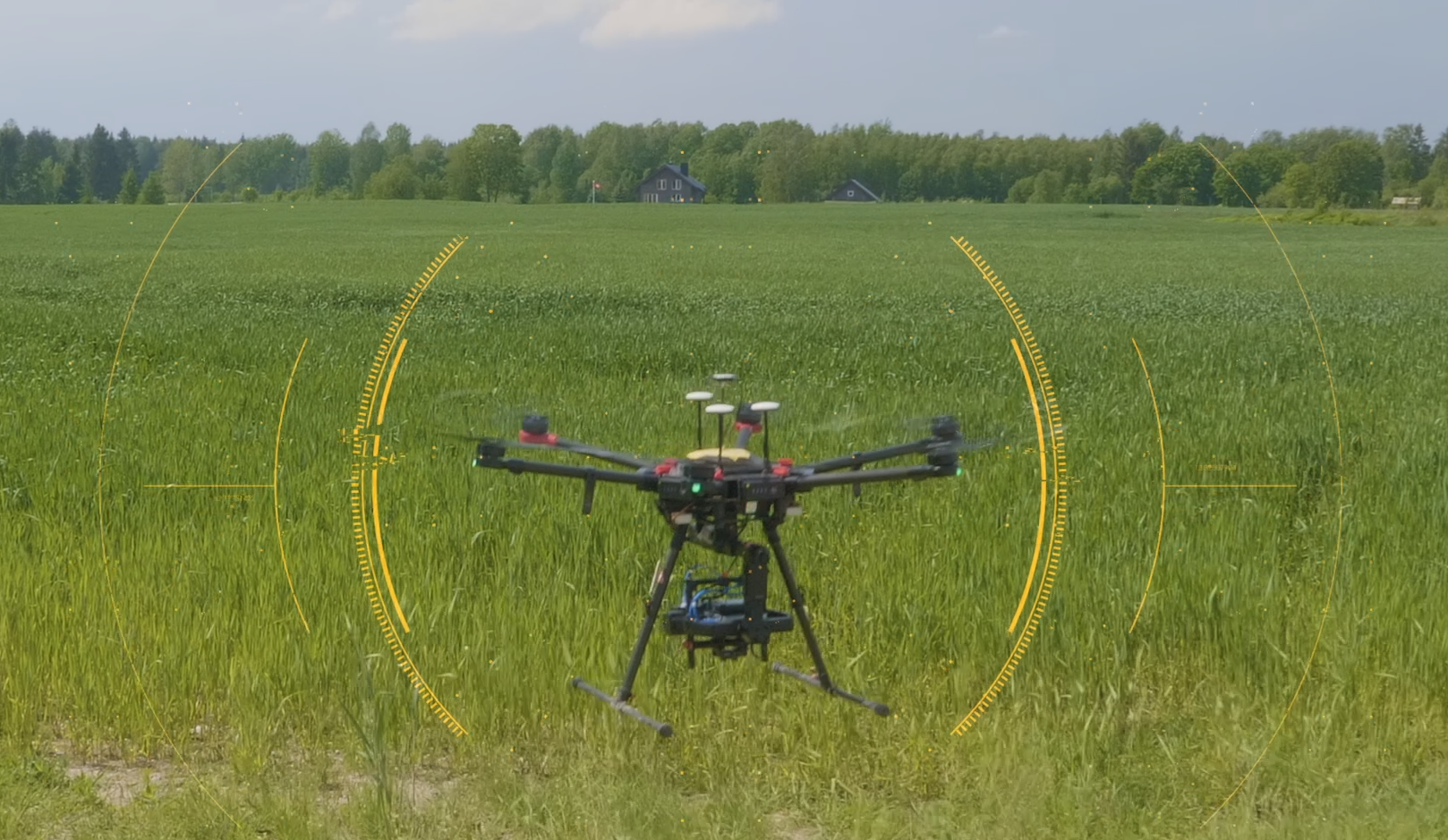Digital and data-driven solutions are key enablers for increasing efficiency and improving the economic performance of the agriculture sector. Moreover, they play a vital role in ensuring that practices are carried out in alignment with environmental stewardship and sustainability goals. This is becoming increasingly essential for Eastern Europe as the region faces unique challenges that hinder the future sustainability of its agriculture sector.
AgriFood Lithuania, as the leaders of the 4Growth observatory in Eastern Europe, is spearheading the effort to advance the adoption of digital technologies in agriculture across three key countries in Eastern Europe: Lithuania, Poland, and Hungary. Recognised for their diverse agricultural practices, these countries offer a wealth of data and insights on the digital transition in these sectors. AgriFood Lithuania’s focus on clustering cooperation highlights a strategic effort to strengthen regional collaboration, aimed at benefiting their members and ongoing projects.
Each of the three countries under AgriFood Lithuania’s observatory faces distinct challenges in monitoring the uptake of digital technologies within the agriculture sector.
In particular, Lithuania is facing a fragmented agricultural landscape, which is dominated by smallholder farms. These smaller operations often encounter financial and technical barriers, making it difficult to adopt new technologies. In Poland, where the agricultural sector is larger, the primary challenge lies in varying levels of digital literacy among farmers, which must be navigated. In Hungary, the challenge often lies in balancing long-established farming traditions with the integration of modern technologies, particularly in rural areas where infrastructure is less developed.
In all three countries, assessing the readiness of SMEs in the agri-food sector to adopt innovation remains a challenge. The number of SMEs open to embrace digitalisation represents a small part of the overall registered SMEs. Given the shared historical background and business tendencies across the region—either sticking to traditional methods on a large scale or pursuing innovative startups—AgriFood Lithuania’s role is to target businesses already engaging in digital transformation or those eager to begin, while investigating the barriers preventing broader adoption.
AgriFood Lithuania’s observatory draws on a diverse group of stakeholders, each playing a crucial role in monitoring and advancing the uptake of digital technologies. The ecosystem includes agricultural associations, cooperatives, government bodies, research institutions, and private companies specialising in agricultural technology.
These stakeholders not only provide critical data and insights but also offer the necessary support to ensure successful outcomes. AgriFood Lithuania’s leadership ensures that the data collected reflects real-world challenges and opportunities, enabling a more effective approach to the digital transition in the agriculture sector across these regions.
Ground-truth data collection, a cornerstone of AgriFood Lithuania’s observatory activities, will be systematically organised through a robust network of local partners, including universities and research institutions. AgriFood Lithuania, along with their partners, has developed strong collaborations to ensure that data collection is thorough and accurate.
This observatory utilises automated data-scraping systems, surveys, interviews, and partnerships with local agricultural cooperatives to gather comprehensive data. These tools, developed alongside leading scientists, will help AgriFood Lithuania ensure that the data is representative of on-the-ground realities.
Regular meetings with university partners allow AgriFood Lithuania to evaluate data collection processes and strengthen the relationships needed for effective collaboration. This cooperation fosters a close-knit network of experts who generate content, develop personal relationships with stakeholders, and ensure the successful completion of surveys and interviews.

Acting as a regional digitalisation hub, AgriFood Lithuania is working closely with local innovation hubs to enhance data collection, supported by surveys and close collaboration with universities. Consequently, by the end of the project AgriFood Lithuania aims to achieve a comprehensive understanding of the factors influencing the adoption of digital technologies in agriculture across Lithuania, Poland, and Hungary.
The goal is to provide data-driven insights that will inform policymakers, reduce the investment risks associated with adopting new technologies, and accelerate the digital transformation of agriculture. In addition, AgriFood Lithuania anticipates that the tools and data developed during the project will serve as lasting resources for stakeholders, supporting decision-making and innovation even after the project concludes.
Cover image: Aerial view of an agriculture field in Lithuania
Intrigued by our work and eager to assess the adoption of digital tools and help shape the future of agriculture and forestry? Don’t forget to share your insights through our survey: https://wur.az1.qualtrics.com/jfe/form/SV_3ZYlHCXhpiDJyyq